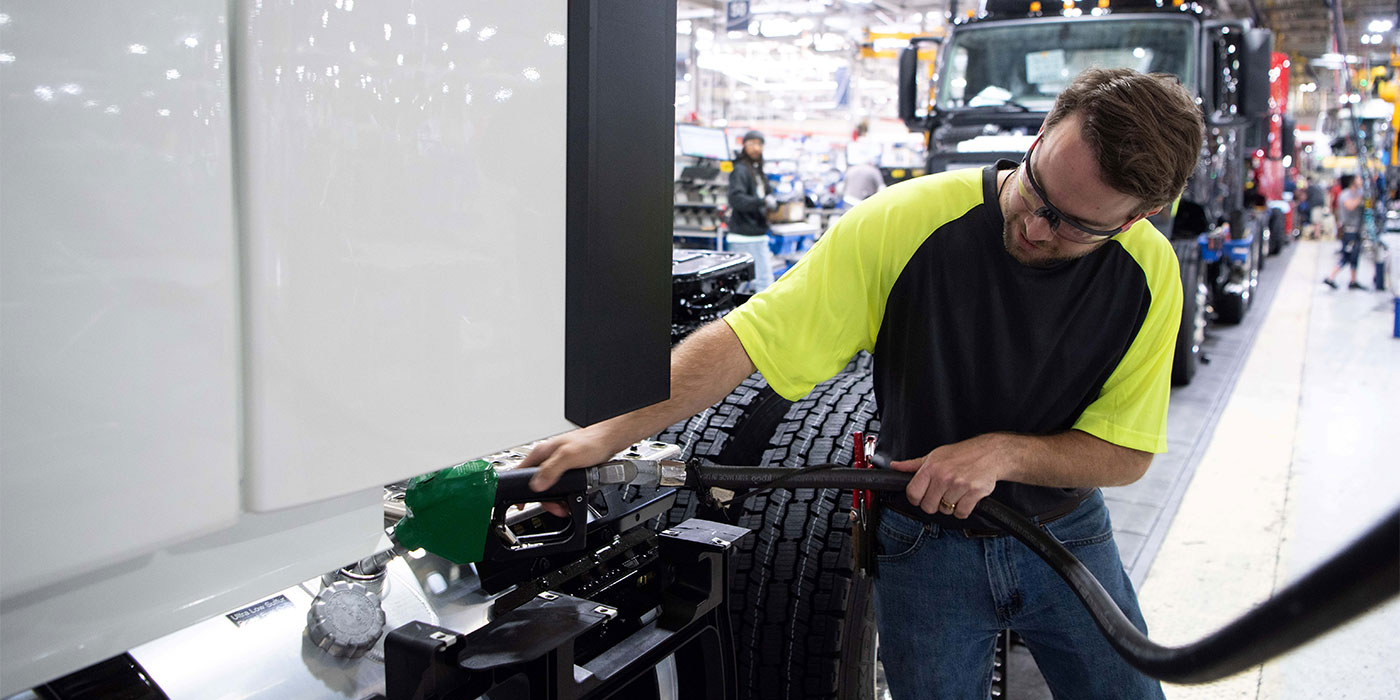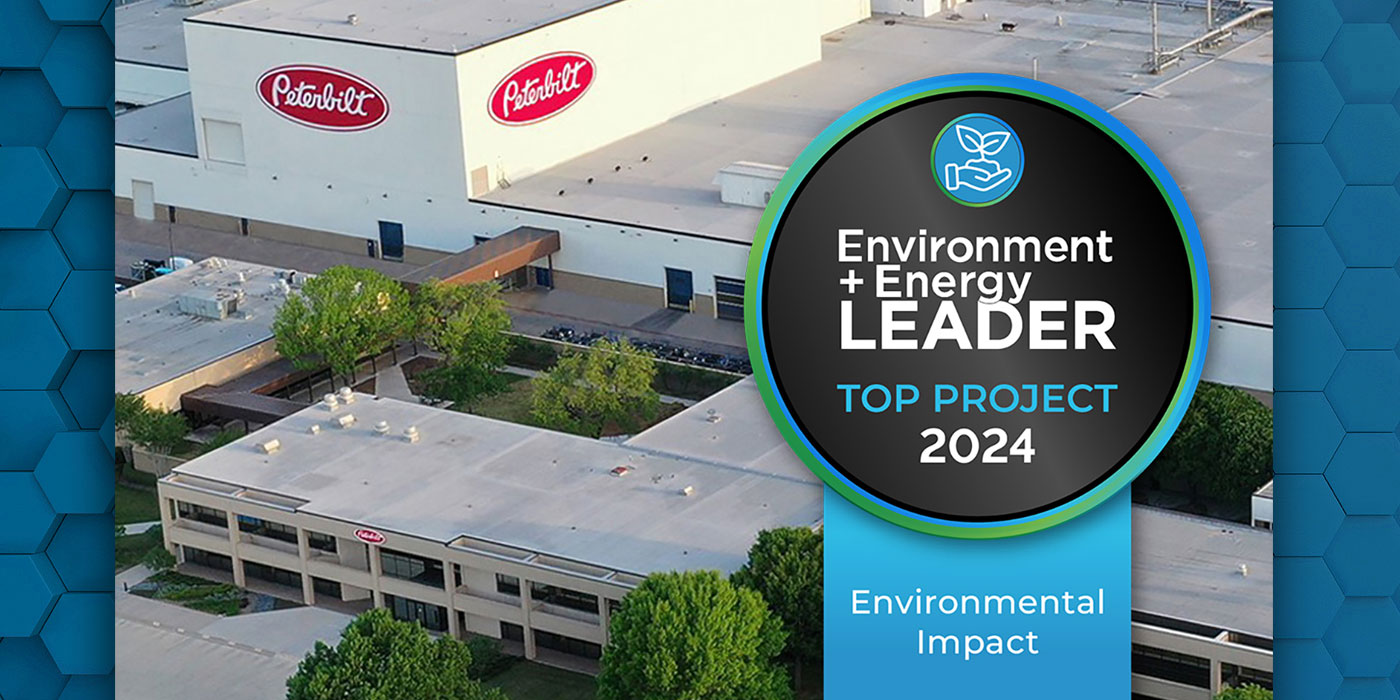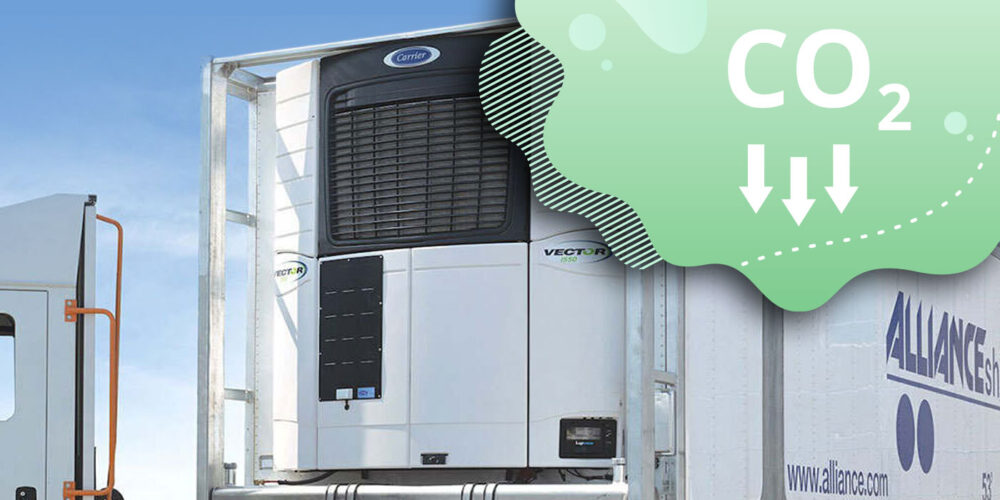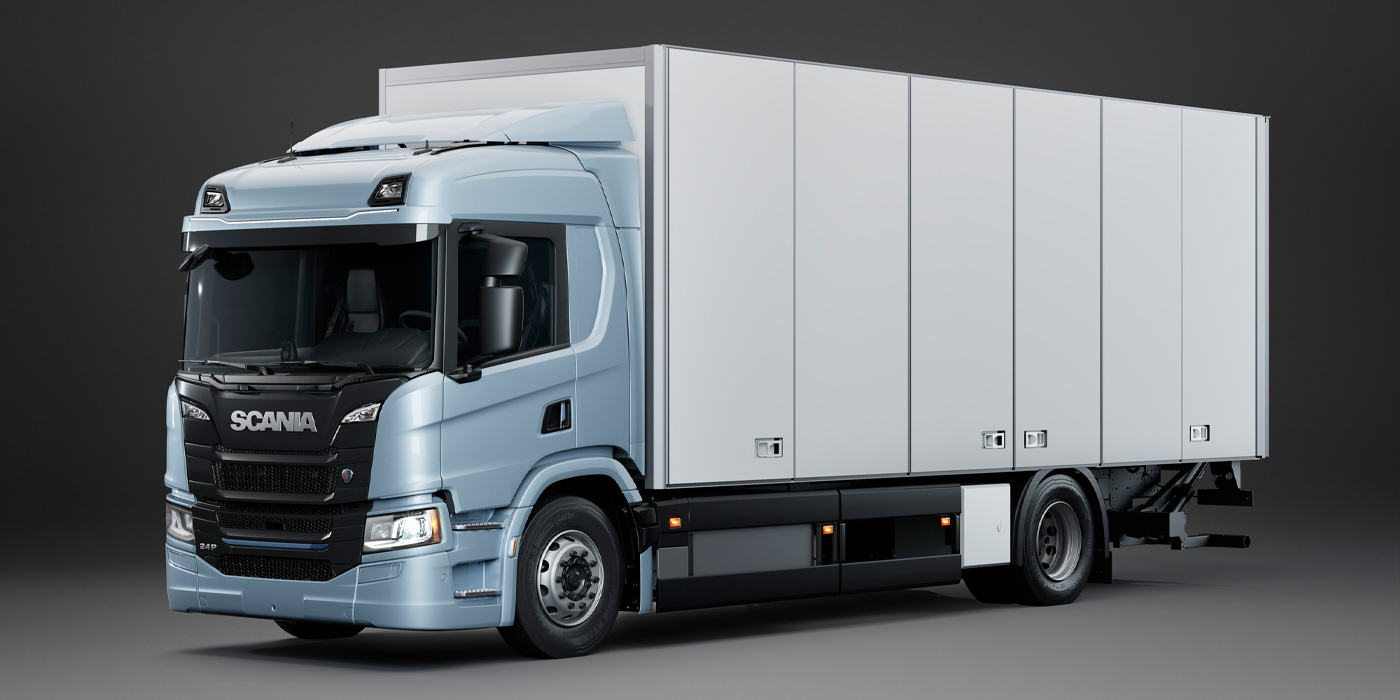With much of my career focused on technical consulting, sales training and interacting with tire and trucking industry professionals, I feel qualified to offer one overall observation for improvement: Become aware and take advantage of readily available resources to enhance decision making and the performance of your employees. There are very few problems that someone in the industry hasn’t experienced before and, in most cases, successfully addressed. It makes good business sense to tap into this reservoir of “experience” to help improve fleet or company performance.
Our industry is increasingly technology intensive. Fleets use complex vehicles, component parts, operating systems and servicing tools, including a steady introduction of new products. Traditionally, the industry has been conservative in adopting new products and practices, but intense competition and emphasis on productivity have changed things. Fleets can no longer wait for someone else to test technology before they try it. Fortunately, resources are in place to help you avoid costly surprises. Let’s first consider training.
There are three primary sources for product and service training: suppliers/distributors, industry associations and peer groups. Most manufacturers (especially those whose products involve installation, tuning, or other maintenance procedures beyond the obvious) offer professional training programs and product information resources. Tires, wheels, engines, transmissions and drive axles are typical examples. Traditional on-site training has become expensive and time-consuming, so trainee computer skills are now more essential than ever. A key decision point here is whether or not hands-on examples of instruction are necessary. Proper tire mounting/dismounting is one example of where employees might benefit from personal instruction with an opportunity for Q&A.
Training priorities should be dictated by costs and safety concerns. Two primary goals should be to have your employees trained sufficiently to perform each of their expected tasks efficiently the first time and to avoid injuries or other liability exposure in the workplace. Requesting information from suppliers and their distributors often provides a surprising amount of product knowledge and inexpensive training opportunities.
Industry associations, especially those having technical divisions or subsets, are often the best source for information regarding industry guidelines for training and specifying/maintaining equipment. The Technology and Maintenance Council (TMC) is an outstanding reference source for our industry. In addition to face-to-face interaction with industry peers and suppliers at biannual meetings, TMC publishes Recommended Practices (RPs). These documents include input from many experienced industry experts, both users and suppliers, and are updated regularly to ensure the latest products and practices are included. For example, RP 246 (Considerations For Products Intended For Use Inside Tires), scheduled for publication in the near future, addresses a recent growing trend and several new product classifications that have not had widespread usage historically, but are increasing in popularity. One section of this particular RP includes evaluation guidelines—essentially a list of questions that users should ask potential product suppliers to assist in making more informed choices of both products and related maintenance practices.
Another new RP (Steel Wheel and Rim Refinishing Guidelines) explains recently available coating systems that can improve the appearance, safety and durability of refinished wheels, issues typically experienced by most fleets. This document also includes a prospective vendor checklist to assist fleets in arriving at informed decisions with the help of the most up-to-date industry information.
These examples are representative of the multitude of tire and wheel related resources available from TMC and others. Comparable help is readily available from other supplier companies and industry associations. The key is to utilize these resources to shorten lead times when evaluating new products, services, and issues. Make a point of checking all resources for better management.













